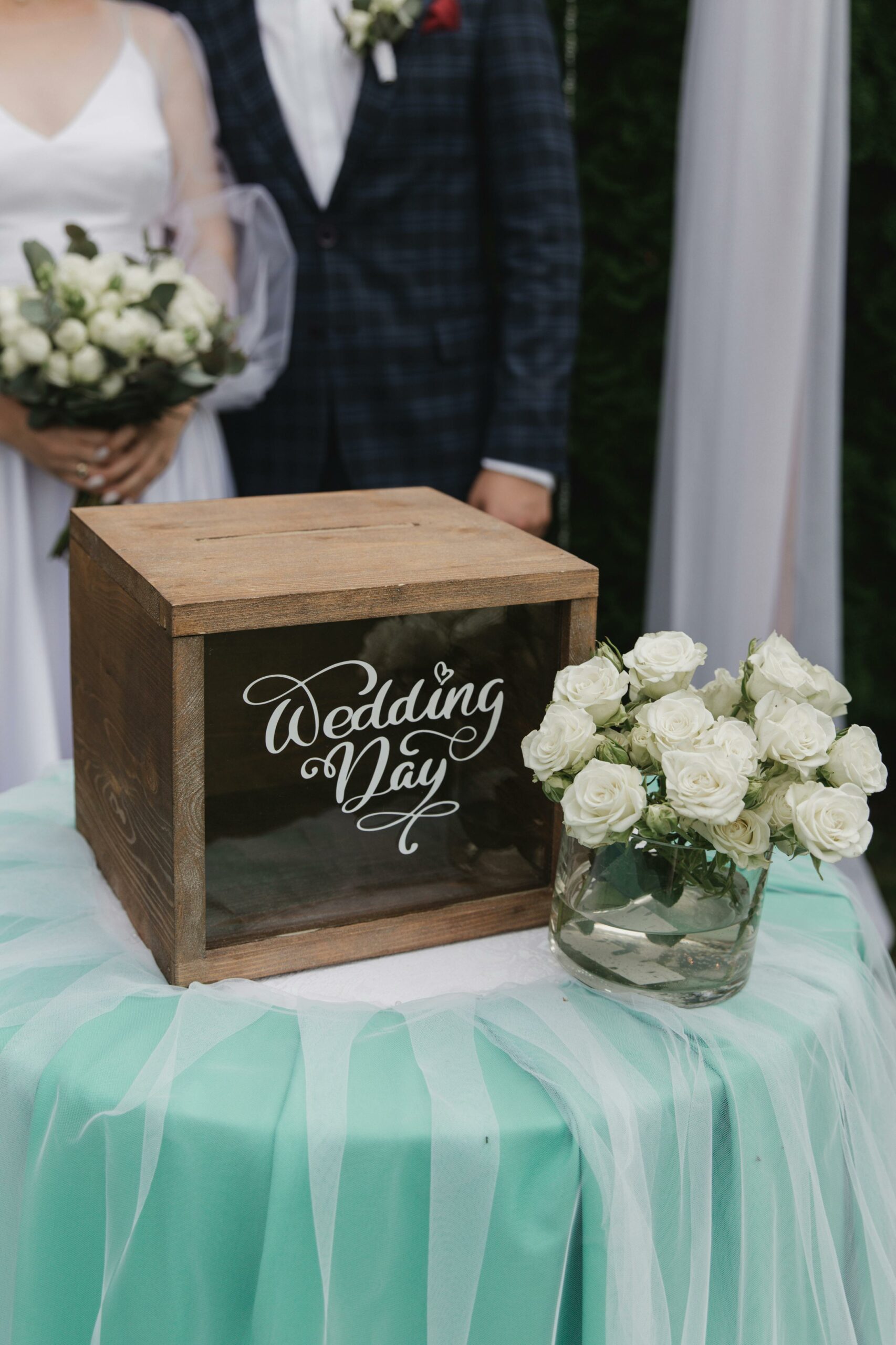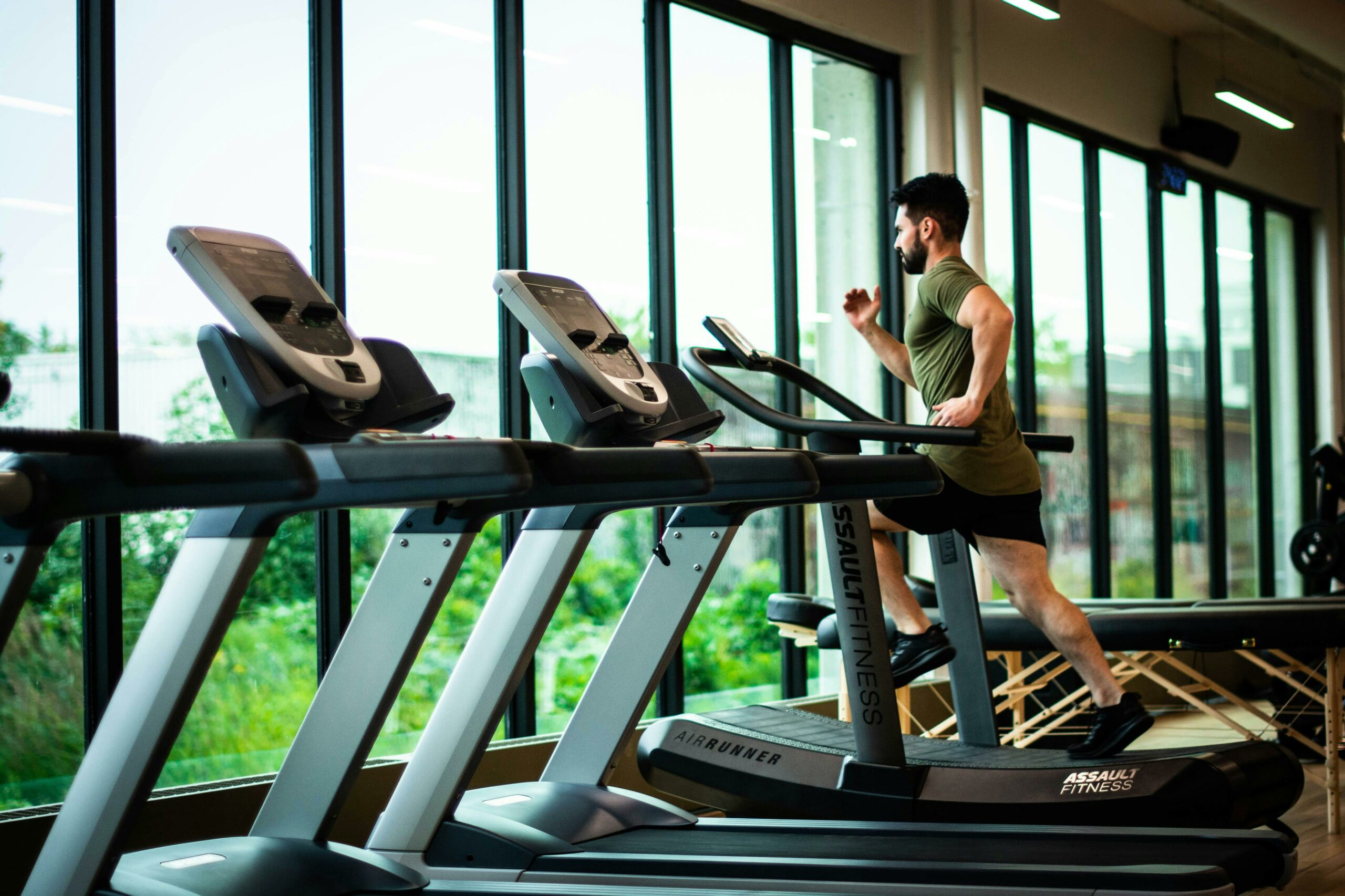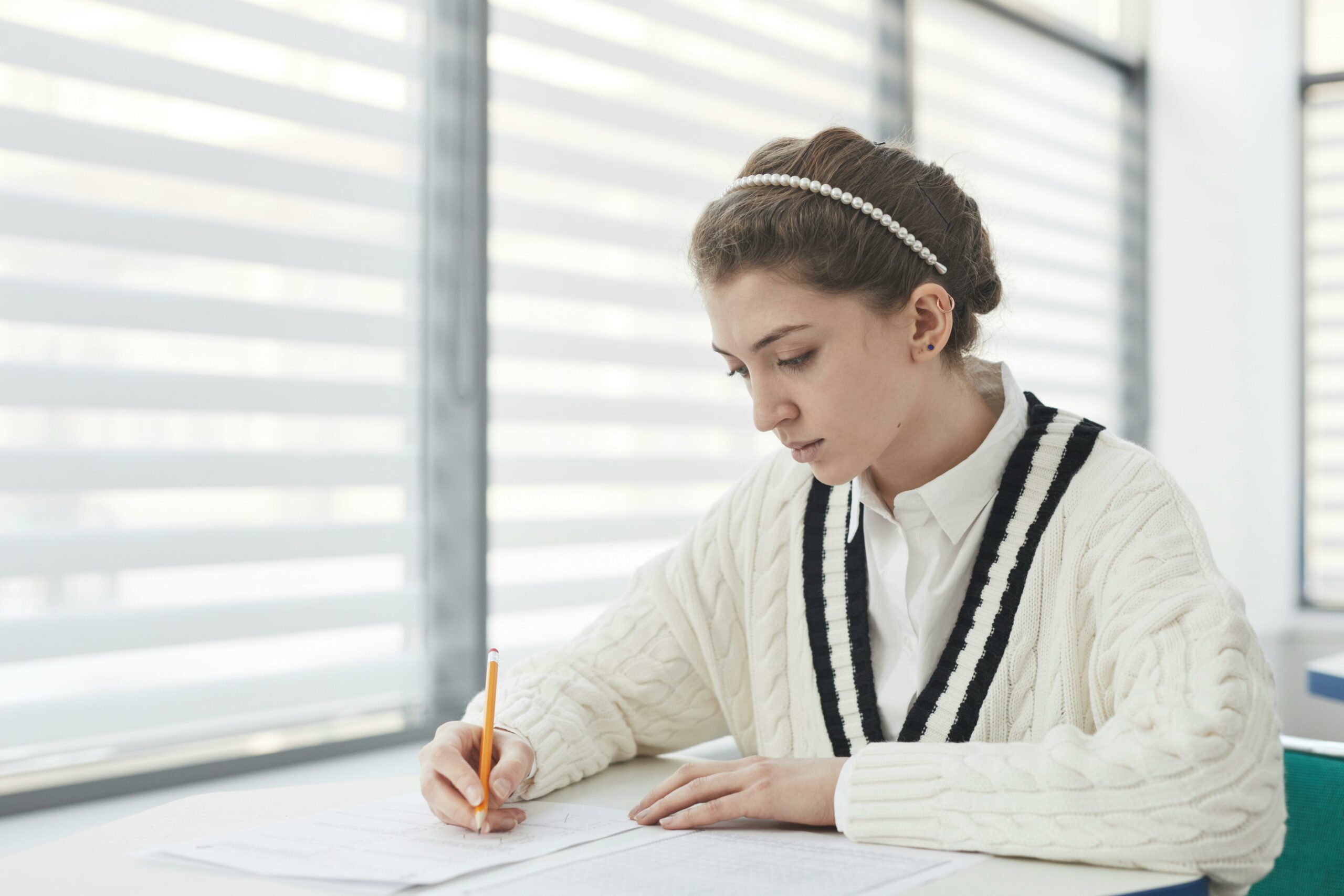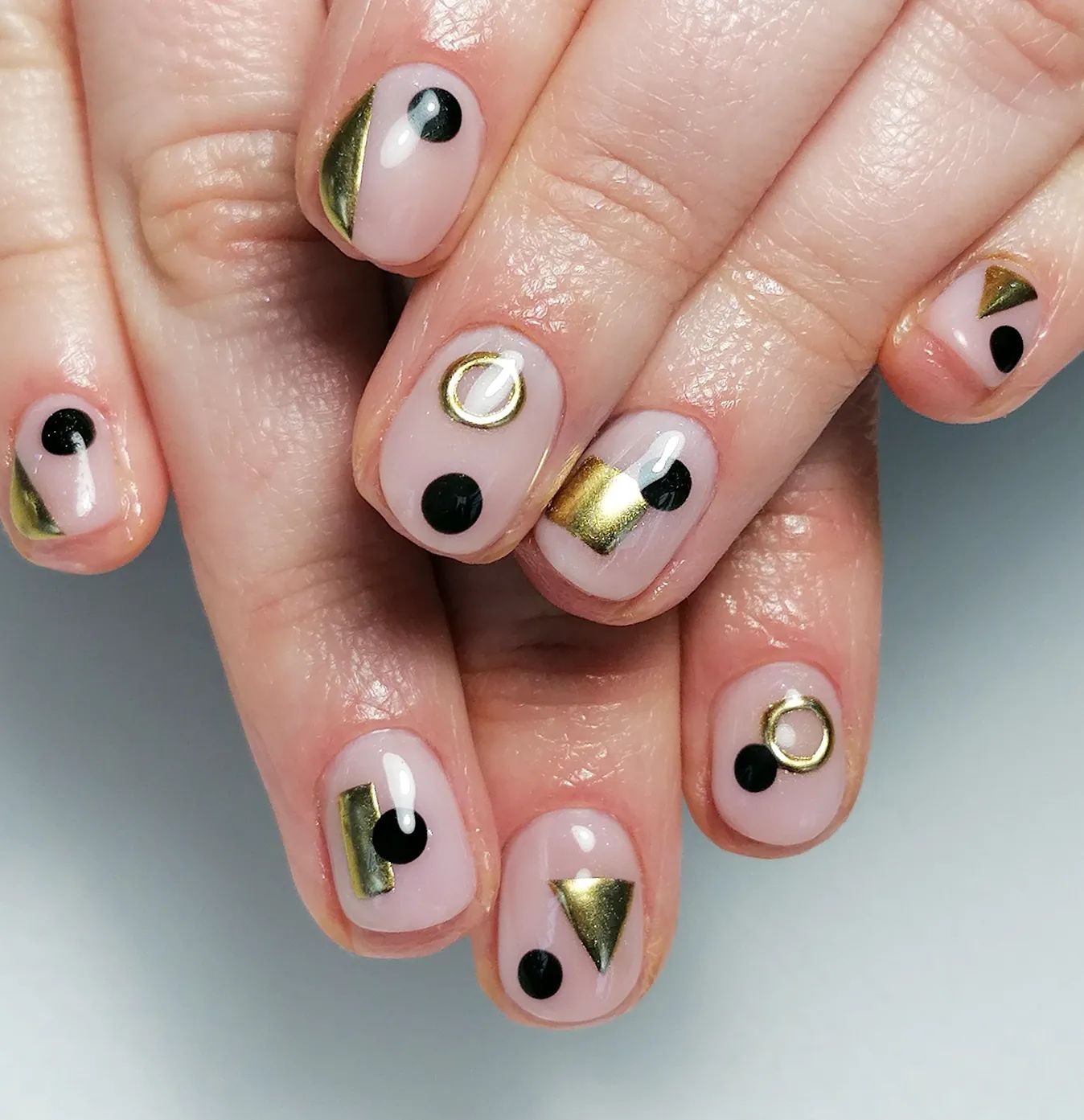Anxiety is one of the most common and normal human emotions that everyone experiences from time to time. It is expressed in many ways, such as feelings of worry, fear, or nervousness, and can be triggered by various circumstances.
However, for some people, anxiety can become chronic and interfere with their daily life, making it difficult to function normally.
Managing anxiety can be a challenging and overwhelming experience, especially if you’re unsure where to start. Fortunately, several effective treatment options can cure anxiety problems, such as therapy and medication.
If you’re also struggling with chronic anxiety, check out these eleven useful ways to ease your anxiety at home.

1. Exercise Regularly
Another way to easily stimulate the vagus nerve is through light physical exercises. It’s because exercise releases endorphins, which are natural mood boosters and help fight the impact of anxiety in our lives.
If you have access to a gym or workout equipment, try incorporating a regular exercise routine into your day.
You can also try practicing yoga, as it’s considered a great exercise for anxiety. Many yoga poses are designed to calm the mind and reduce anxiety, such as the child’s pose, downward dog, and corpse pose. Besides, plenty of free yoga videos are available online, making it easy to practice at home.
2. Practice Mindfulness
Mindfulness is a technique where you stay in the present without focusing on multiple thoughts and worries. It can help you feel more grounded and centered, reducing your anxiety.
You can practice mindfulness through meditation, breathing exercises, or simply being aware of your thoughts and emotions.
To practice mindfulness at home, find a quiet and comfortable space where you can sit or lie down. Close your eyes and focus on your breath, feeling the air enter and leave your body.
If you start getting distracted by thoughts or external distractions, slowly shift your attention back to how you are breathing. You can also try guided meditation, which can be found online or through various meditation apps.
3. Activate the Vagus Nerve
The Vagus nerve is the longest cranial nerve in the body and plays a crucial role in sensory and motor functions. Since it regulates many physical and mental functioning, activating it can positively impact the body.
Since the vagus nerve regulates stress responses, you can activate it to reduce anxiety and enhance mood. While there are some simple ways of activating the vagus nerve, like cold exposure and yoga, you can also use a non-invasive device for effective vagus nerve stimulation at home.
4. Practice Gratitude
Gratitude is the practice of focusing on the positive aspects of your life and being thankful for them. It can help shift your negative to a positive mindset, relieving anxiety and improving your mental health.
To practice gratitude at home, try keeping a gratitude journal where you write down three things you’re thankful for each day. You can also make a conscious effort to express gratitude to the people in your life.
5. Limit Social Media Use
For many people, news and social media can be overwhelming and contribute to feelings of anxiety. While staying informed about current events is important, you must also take breaks and limit your exposure to negative news and content.
For that, consider setting limits on how much time you spend on social media or watching the news each day.
6. Connect with Others
Social support is an important factor in mental health and can help in treating chronic anxiety. While connecting with others in person may be challenging, there are still ways to stay connected virtually.
You can schedule regular video chats with friends and family, join an online support group, or participate in virtual events.
7. Create a Relaxing Environment
The environment that you live in can have a huge influence on your mood and anxiety levels. That’s why you should focus on making your home more relaxing and comfortable to ease your anxiety symptoms.
Adding elements like plants, calming colors, comfortable furniture, and even scented candles to uplift the mood of the house.
Furthermore, you can include a white noise machine or diffusing essential oils to create a calming atmosphere.
8. Focus on Self-Care
Self-care involves taking care of your physical, emotional, and mental health. It can include activities like taking a bath, reading a book, or doing what you like. With proper self-care, you can expect to boost your mood and improve anxiety symptoms.
9. Use Positive Affirmations
Basically, positive affirmations are statements that help reframe negative thought patterns and promote positive thinking. They can be a powerful tool in easing anxiety and building self-confidence. Try creating a list of positive affirmations that resonate with you and motivate you.
You can start by writing, “I am capable of handling anything,” or “I choose to focus on the present moment and let go of worry.” By repeating these phrases regularly, you’ll begin to internalize these beliefs and start to see yourself in a more positive light.
10. Get Enough Sleep
Lack of sleep can exacerbate anxiety symptoms and make it more difficult to manage stress. Aim for 7-9 hours of sleep each night for restful sleep and create a relaxing bedtime routine.
o make your bedtime more effective, try things like reading a relaxing book or a nice warm bath before you go to sleep. You can also try deep breathing or other relaxation techniques if you struggle with insomnia or don’t get enough restful sleep.
11. Try Aromatherapy
Aromatherapy is another method to promote relaxation and ease anxiety. In this method, various types of essential oils derived from plants, such as lavender, chamomile, and bergamot, are used to boost mental well-being.
Humans have used aromatherapy for centuries as a natural way to improve mood, reduce stress, and facilitate relaxation.
Aromatherapy essential oils can be used in a diffuser, added to your bath or applied to the skin directly, however, be careful with topical application in case the essential oil is too active, for example, tea tree or oregano oil.
Conclusion
Following these techniques mentioned above in your daily routine can ease anxiety and improve your mental health. However, it’s important to remember that what works for one person may not work for another.
For this reason, you have to be patient and compassionate with yourself as you navigate your anxiety journey.






